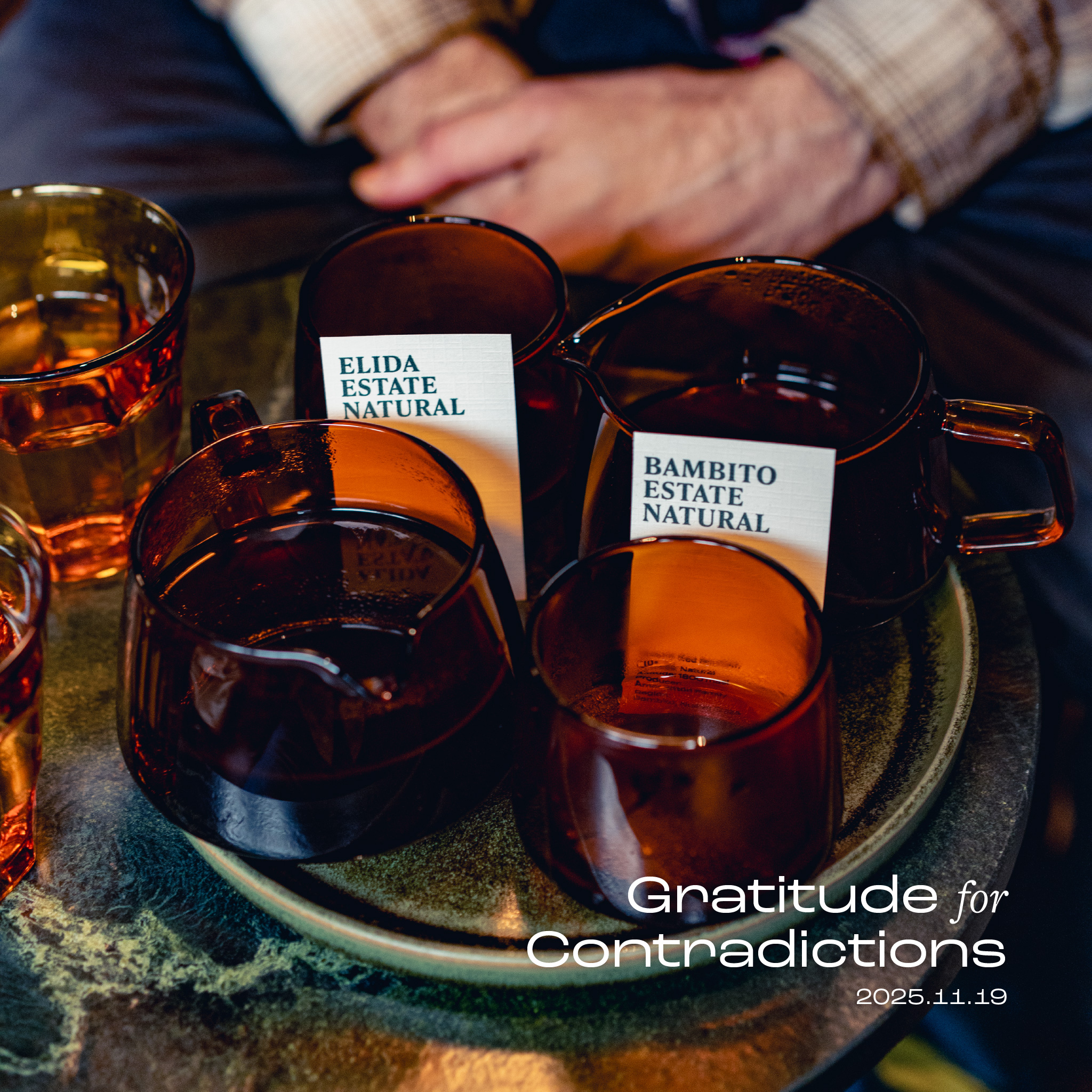
Gratitude for Contradictions
I’ve noticed in my improv class that we are all drawn to contradictions in others. Think of David Brent or Michael Scott in The Office. Their appeal comes from the enormous gap between who they believe themselves to be and who they actually are. In improv, a character like that pulls others in; scene partners don’t need to invent clever lines because the contradiction itself generates interaction. Engagement arises on its own.
There are many forms of contradiction beyond self-image vs reality: confidence vs fragility, rules vs impulse, kindness vs resentment, solitude vs connection, novelty vs routine, freedom vs responsibility, honesty vs kindness, ambition vs integrity, tradition vs progress, fear vs desire, love vs hate. The list can go on indefinitely.
Art, in large part, is a record of how we try to metabolize these irresolvable tensions within ourselves. That is why contradictions feel beautiful; we want to see how others live with them, fail to resolve them, or learn to coexist with them.
Yet we are taught, particularly in the West, to view contradictions as flaws. Pointing out someone’s contradiction rarely leads to gratitude; it usually provokes defensiveness. People believe they shouldn’t have contradictions, which, to me, reflects how deeply capitalism shapes our values. Contradictions appear “inefficient,” and anything inefficient is assumed to be bad.
Another source of confusion is the way hypocrisy gets tangled up with contradiction. Hypocrisy is not simply having contradictions; it’s attacking someone else for a contradiction you also hold, usually because you haven’t recognized your own. If you want to avoid hypocrisy (and I’m not insisting you should), the first step is acknowledging your own contradictions. Once you accept them, the impulse to criticize others tends to fade. And if you have a legitimate reason to reject or resolve a contradiction in yourself, your critique of others becomes more resonant and constructive.
So when someone points out your contradictions, perhaps the appropriate response isn’t defensiveness but appreciation.
Subscribe
I will email you when I post a new article.


